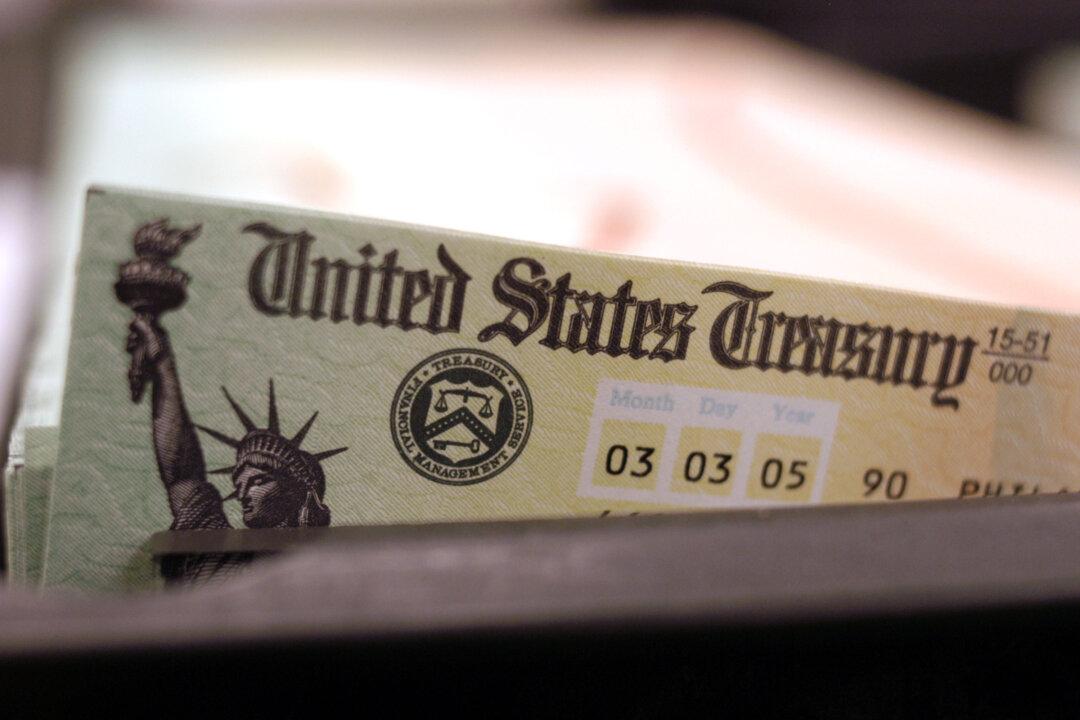The HEALS Act introduced by Senate Republicans this week includes several key changes from the CARES Act that might expand eligibility to an estimated 26 million people, according to an estimate from a think tank.
The Tax Foundation, a nonpartisan Washington-based think tank, said that “one difference from the CARES Act economic impact payments is that the $500 additional payment for eligible dependents will be expanded beyond qualified children (aged 17 and under) to include other dependents excluded from payment in the CARES Act, such as adult dependents, including those with no income.”





